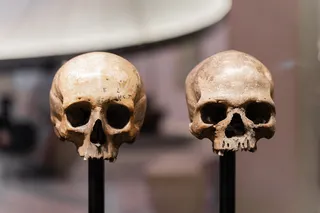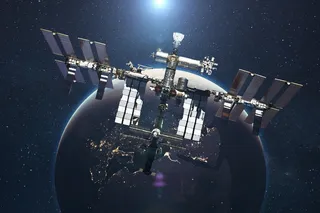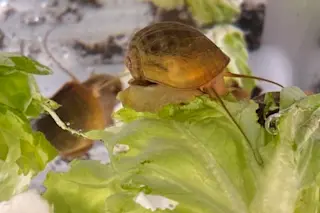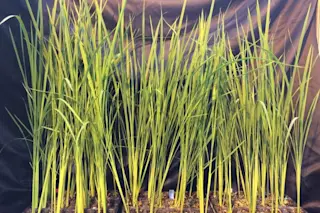That's not really a fair question, because they're both vital. But if I was the administrator at a university and a foundation offered me funding to establish a program curriculum for one or the other--which would result in a mandatory class for all in-coming freshmen--I would choose news literacy. I'll explain why in a minute. First, let me say outright that I am a champion of science education. I want my two sons to not only be scientifically literate, I want them to enjoy science. They are now in kindergarten and third grade, respectively, but since their pre-school days, both of them have taken after-school science classes and have attended science camp during the summers. The person who runs the after-school classes and summer camp is an elementary school science teacher in my neighborhood. His name is Carmelo Piazza. He is a rock star. I know what a formative influence ...
What's More Important: Science Literacy or News Literacy?
Discover why news literacy is essential for students to navigate today's complex media landscape and become effective citizens.
More on Discover
Stay Curious
SubscribeTo The Magazine
Save up to 40% off the cover price when you subscribe to Discover magazine.
Subscribe












